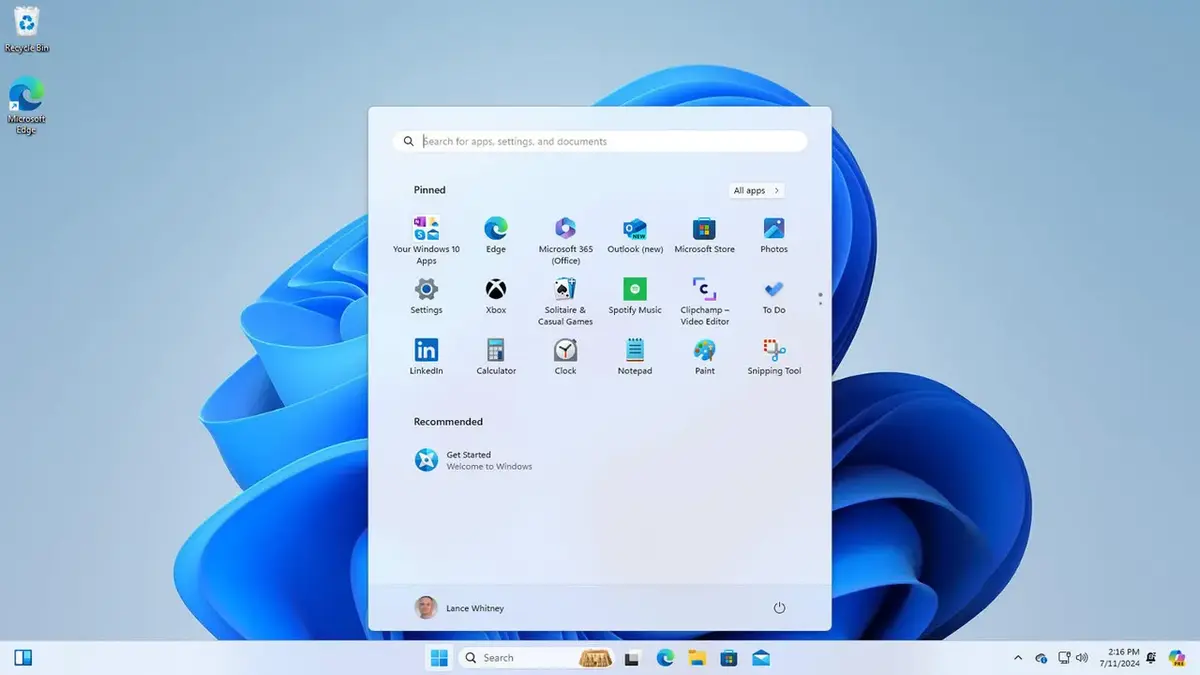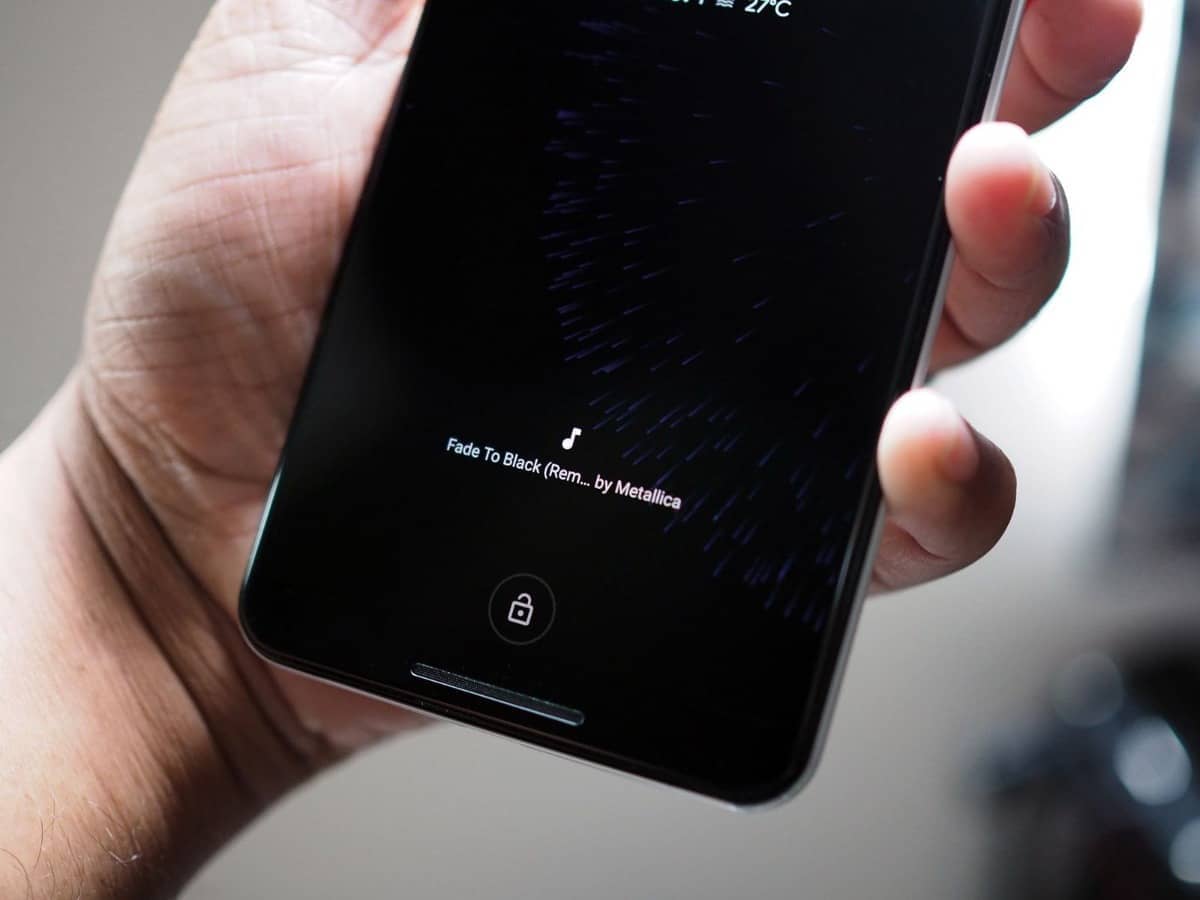Microsoft has confirmed that over 240 million PCs will not be eligible for the free upgrade to Windows 11. These devices lack a special chip called TPM 2.0, which is now a core requirement for running Windows 11.
TPM 2.0, or Trusted Platform Module, helps protect user data by verifying software, preventing tampering, and enabling advanced security features. Microsoft says this chip is essential for modern security and cannot be skipped.
Many Windows 10 users hoped to upgrade their systems for free, as they did when moving from Windows 7 or 8 to Windows 10. But without TPM 2.0, their only option now is to buy new hardware.
Microsoft has even urged users to “dump their PC and get a new one,” making it clear that older devices without TPM 2.0 are not part of the future. The company insists this change is for better protection against rising cyber threats.
This has left millions frustrated. Workarounds to bypass the TPM check are being shut down, and Microsoft isn’t offering alternatives. Unless users upgrade their hardware or pay for extended Windows 10 support, they may soon be left without updates or security patches.
While Windows 11 is finally catching up to Windows 10 in market share, this hard line may slow future adoption — and leave many users vulnerable.











Leave a comment